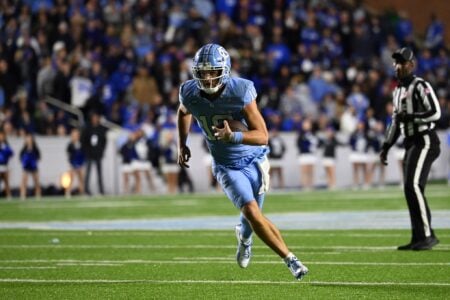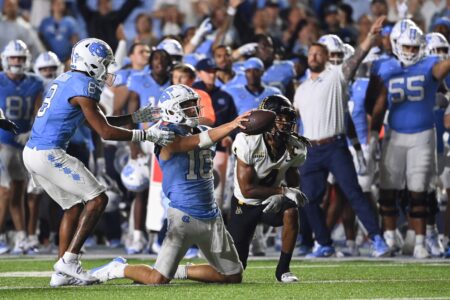I decided to have some fun with this question and compare each Patriots team using some kind of standard with which to measure talent. To do this I began by ranking the individual starters in each position group across all three phases of the game and then averaged a final score for the whole team.
Each player was scored using the following ranking system according to what I perceived his talent level to be
at that time...
1. Fail: (Scrub caliber player-what's this guy doing in the NFL??!!)
2. Bad: (Way below average caliber- garbage time only please!)
3. Liability: (Below average caliber back-up- limited PT and needs protection)
4. JAG: (Average caliber NFL back-up or below average starter- journeyman)
5. Starter: (Average caliber NFL starter)
6. Good: ( Above average caliber NFL starter for a short time- < 5 years)
7. Great: (Above average caliber NFL starter fora long time- 5+ years)
8. All Pro: (Recognized as a dominant caliber NFL starter)
9. HOFer: (Headed for Canton or already there)
10. GOAT: (In the argument for Greatest of All Time)
Here are the results:
Obviuosly this is all subjective and my memory may be faulty with some players or biased toward others. Feel free to help me adjust it where you think I might be off.





















